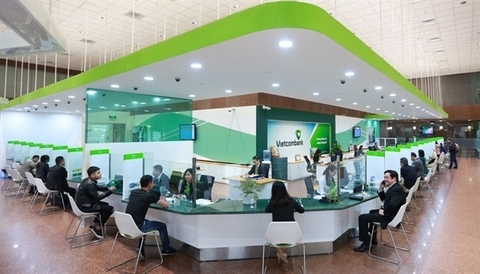 |
|
VietinBank is in dire need of capital that has remained unchanged since 2014. — Photo VietinBank
|
The proposal, however, still needs approval from the National Assembly. To ratify the proposal, the NA will have to either revise existing regulations or issue a new resolution on the issue.
According to the proposal, State-owned commercial banks - including Agribank, BIDV, VietinBank and Vietcombank - will be allowed to hold on to dividends which are supposed to be paid to the State budget to increase their charter capital
Currently, the banks are not permitted to retain their dividends. Representatives of State capital at the banks are usually required to vote for dividend payout to be paid in cash at the banks’ annual general meetings for the State to receive money from dividends.
However, the banks are under great pressure to hike capital to satisfy Basel II standards. Under SBV regulations, banks must maintain a capital adequacy ratio (CAR) of at least 8 per cent as per Basel II norms starting in 2020.
The CAR of the banks will fail to reach the minimum level set by the SBV if they fail to increase capital.
Raising capital has been a struggle for Vietnamese banks in recent years. BIDV has charter capital of nearly VND34.19 trillion (US$1.46 billion) – unchanged since 2015, and it is the same for VietinBank with capital remaining unchanged since 2014 at VND37.23 trillion.
Vietcombank, the largest listed bank in the country, last month raised VND6.2 trillion from selling a 3 per cent stake to foreign investors as part of its plan to ultimately sell a 10 per cent stake.
Fitch Ratings estimated the Vietnamese banking system could face a capital shortfall of almost $20 billion, equal to 9 per cent of GDP, to meet Basel II and increase allowance coverage to a level that reflected underlying asset-quality problems.
Moody’s also noted that most Vietnamese banks would still lack sufficient capital to meet the Basel II requirements, so raising capital would be a key focus for banks in 2019. — VNS
 Authorities have basically agreed on a State Bank of Viet Nam (SBV) proposal to allow large State-owned commercial banks to retain their dividends or pay them in shares to increase capital.
Authorities have basically agreed on a State Bank of Viet Nam (SBV) proposal to allow large State-owned commercial banks to retain their dividends or pay them in shares to increase capital.